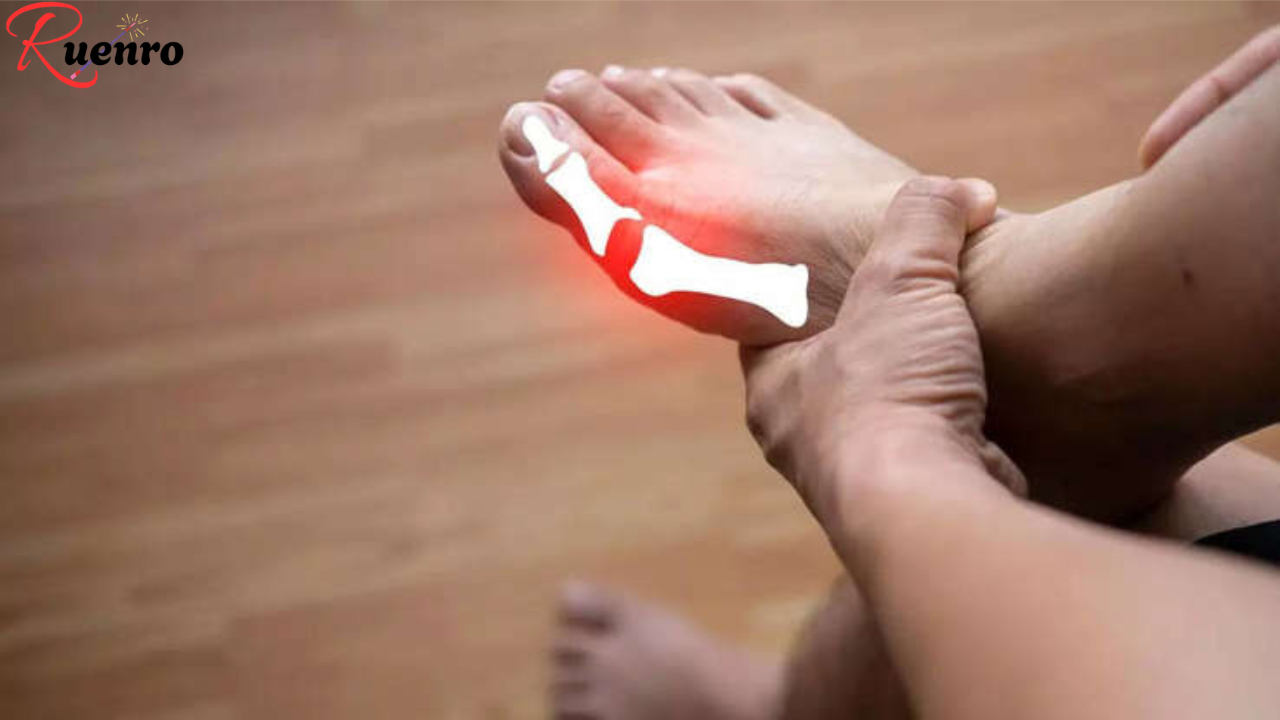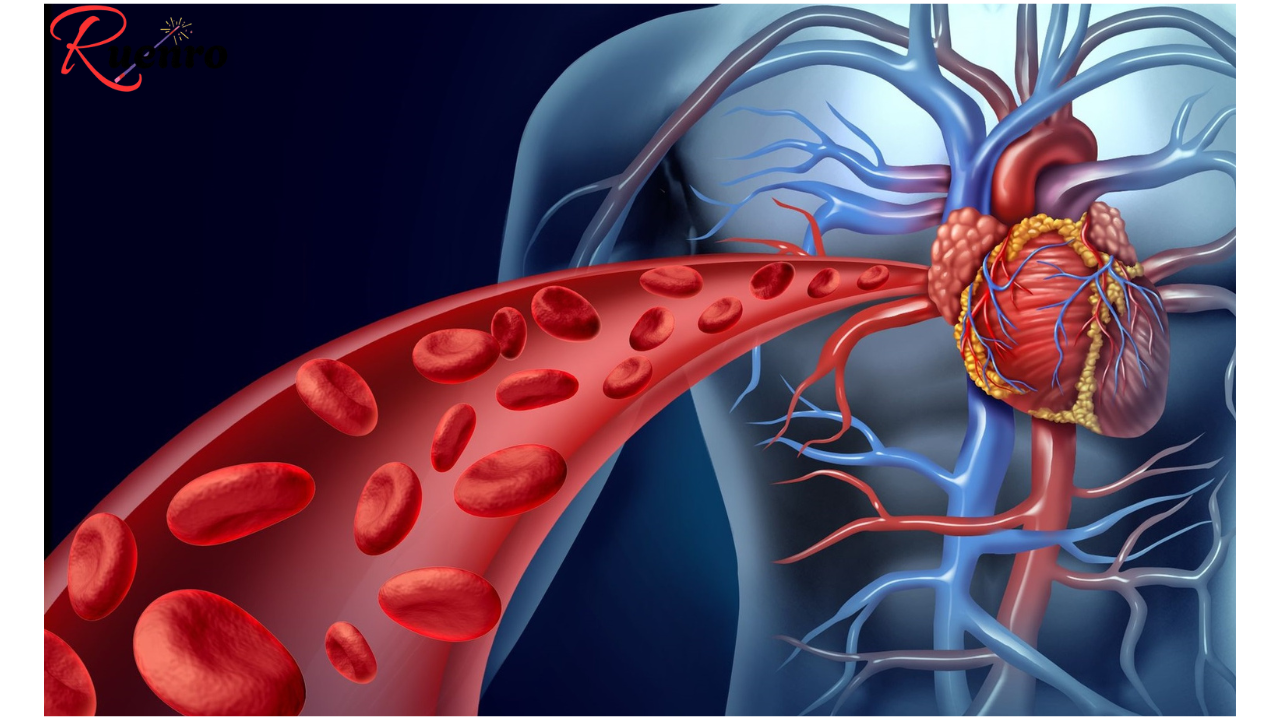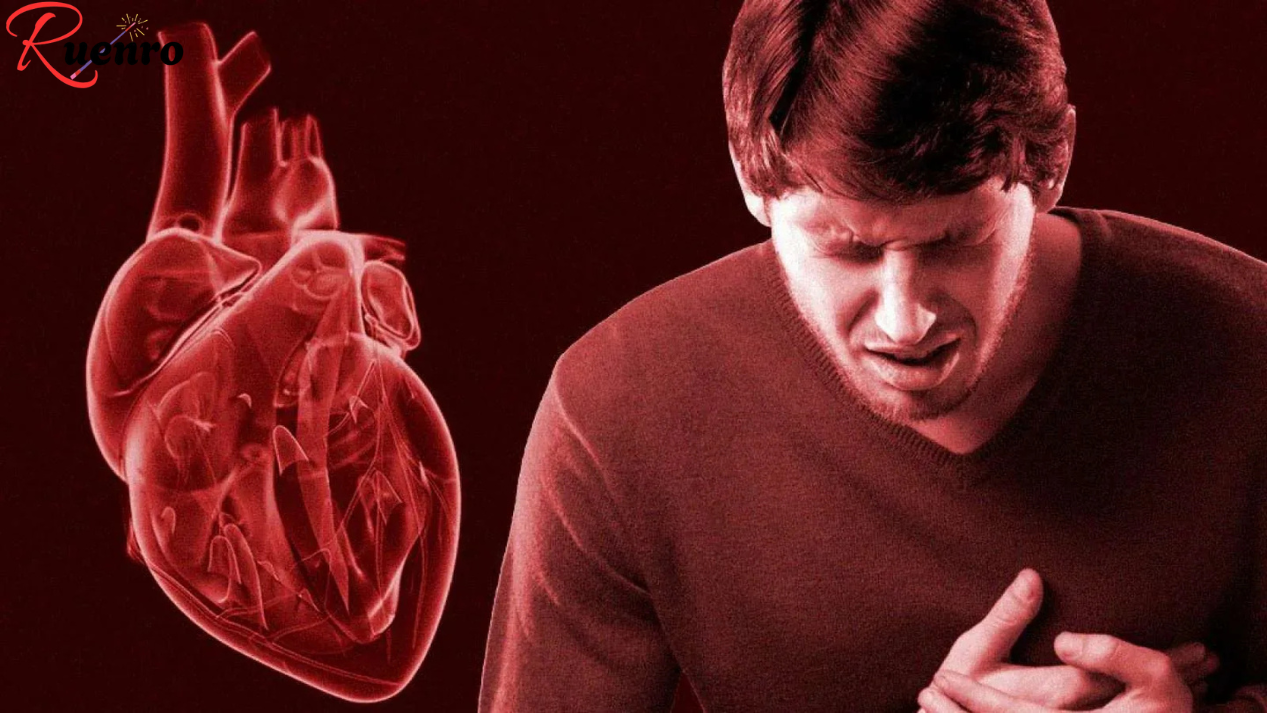Stomach cancer, also known as gastric cancer, is often called the “silent killer” because it tends to grow slowly and quietly over many years. In its early stages, it rarely causes obvious symptoms — or it mimics common digestive issues like heartburn, indigestion, or bloating. By the time many people realize something is wrong, the disease has already advanced.
Globally, stomach cancer remains one of the leading causes of cancer-related deaths, particularly in Asia, South America, and parts of Europe. Yet with early detection, it can be treated successfully. The key is knowing the warning signs your body gives you — and not ignoring them.
Here are the most important signs and symptoms of stomach cancer, how to tell them apart from everyday digestive discomfort, and when to see a doctor.
🩸 1. Persistent Indigestion or Heartburn
Everyone experiences heartburn occasionally, especially after a heavy meal. But if you’re having chronic indigestion, burning sensations, or upper abdominal pain that doesn’t go away with antacids, it may be more than simple acid reflux.
In early stomach cancer, tumors can irritate the stomach lining or affect how food moves through the digestive system, leading to ongoing discomfort after eating.
Warning signs include:
- Frequent heartburn not relieved by medication
- A burning or gnawing pain in the upper abdomen
- Feeling overly full even after small meals
Don’t ignore it: If indigestion lasts more than a few weeks or feels different from your usual reflux, it’s time for a medical check-up.
🥴 2. Feeling Full Quickly After Eating
A hallmark symptom of stomach cancer is early satiety — feeling full after eating just a few bites.
This happens when a tumor in the stomach prevents it from expanding normally or blocks the passage of food. As a result, you may lose your appetite and start unintentionally losing weight.
Common complaints:
- “I can’t eat much anymore.”
- “I feel stuffed after just a few bites.”
- “Food doesn’t go down like it used to.”
If this feeling becomes consistent, consult a doctor — especially if you also notice bloating or pain after eating.
⚖️ 3. Unexplained Weight Loss
Losing weight without trying is one of the biggest red flags for any cancer — including stomach cancer.
This occurs because the tumor disrupts digestion and nutrient absorption, while also releasing substances that speed up metabolism and cause muscle loss.
Warning signs:
- Rapid weight loss over a few weeks or months
- Reduced appetite
- Weakness or fatigue
If your weight drops by more than 5% in six months and you haven’t changed your diet or activity level, it’s time for a thorough medical evaluation.
🩸 4. Blood in Stool or Vomit
Bleeding in the digestive tract is a serious sign. In stomach cancer, this can appear as dark, tarry stools (melena) or vomit that looks like coffee grounds — both caused by partially digested blood.
You might not always see visible blood, but over time, even small amounts of bleeding can lead to anemia (low red blood cell count).
Symptoms of anemia include:
- Fatigue and weakness
- Pale skin
- Shortness of breath
- Dizziness
If you experience any form of internal bleeding, seek medical help immediately. It could save your life.
🤢 5. Nausea and Vomiting
A tumor in the stomach can block food passage or irritate the stomach lining, leading to persistent nausea or vomiting. Sometimes, this can happen even when your stomach is empty.
Key signs:
- Recurrent nausea for weeks
- Vomiting shortly after eating
- Vomiting blood or material that looks like coffee grounds
While these symptoms can also indicate ulcers or infections, only diagnostic tests like endoscopy can confirm the cause.
😣 6. Abdominal Pain or Discomfort
Early-stage stomach cancer may cause mild pain or discomfort in the upper middle part of your abdomen, just below the ribs.
As cancer progresses, pain may become constant or more intense, sometimes radiating to the back. Many people mistake this for gastritis, ulcers, or indigestion — and delay seeking treatment.
What to watch for:
- Dull or burning stomach pain
- Pain that worsens after eating
- Abdominal swelling or bloating
If this discomfort persists for more than a few weeks, it’s best to get checked.
😴 7. Persistent Fatigue
Fatigue is one of the most overlooked symptoms of stomach cancer. It’s often a result of anemia from internal bleeding or poor nutrition due to reduced appetite.
You may find yourself needing more rest than usual, feeling dizzy, or struggling to concentrate. Chronic fatigue, especially when combined with other symptoms like weight loss or nausea, deserves medical attention.
🌙 8. Bloating or Excessive Gas After Meals
Occasional bloating is common — but when your stomach feels swollen, tight, or gassy after every meal, it might be a sign that something more serious is interfering with digestion.
Tumors can obstruct the stomach’s exit to the small intestine, trapping food and gas. This leads to prolonged bloating, burping, and discomfort.
Tip: If your bloating is persistent and not related to your menstrual cycle, diet, or known digestive issues, get screened.
🤒 9. Loss of Appetite and Aversion to Certain Foods
A sudden dislike for food, especially meat or heavy meals, can be an early clue to stomach cancer. Some patients report feeling nauseated by certain smells or flavors.
Loss of appetite, coupled with early fullness, can contribute to dramatic weight loss and malnutrition.
🧊 10. Swelling in the Abdomen or Fluid Buildup
In advanced cases, stomach cancer can cause a buildup of fluid in the abdomen (ascites). This leads to visible swelling, tightness, and discomfort. You may also notice swelling in the legs due to poor circulation and low protein levels.
If your stomach looks enlarged and you feel pressure or pain, it’s essential to seek medical attention quickly.
🧬 Risk Factors for Stomach Cancer
Certain factors increase your risk of developing gastric cancer. Knowing them can help you take preventive action:
- Helicobacter pylori (H. pylori) infection
- Smoking and heavy alcohol use
- Diets high in salted, smoked, or pickled foods
- Family history of stomach cancer
- Chronic gastritis or ulcers
- Obesity
- Previous stomach surgery
- Age over 50
If you fall into any of these categories, regular screenings are especially important.
🩺 When to See a Doctor
If you experience two or more of these symptoms for more than a few weeks, don’t dismiss them. Schedule an appointment with a gastroenterologist.
Diagnostic tools may include:
- Upper endoscopy (gastroscopy): Allows doctors to view your stomach lining directly.
- Biopsy: A small tissue sample to check for cancer cells.
- CT or MRI scans: To assess the spread of cancer.
- Blood tests: To detect anemia or tumor markers.
Early detection dramatically improves survival rates — in fact, over 90% of early-stage stomach cancers can be cured with timely treatment.
🥗 How to Reduce Your Risk
While you can’t control all risk factors, you can lower your chances of stomach cancer by adopting healthy habits:
✅ Eat plenty of fresh fruits and vegetables.
✅ Cut down on processed, smoked, and salted foods.
✅ Quit smoking and limit alcohol consumption.
✅ Treat H. pylori infections promptly.
✅ Maintain a healthy weight.
✅ Get regular medical check-ups if you have chronic digestive problems.
💬 Final Thoughts
Stomach cancer truly earns its nickname, the “silent killer,” because it hides behind symptoms that seem harmless — heartburn, bloating, mild nausea. But ignoring these signs can be dangerous.
Your body often whispers before it screams. So if you experience ongoing digestive discomfort, loss of appetite, unexplained fatigue, or blood in your stool, don’t wait — get checked.
Early diagnosis saves lives. Awareness, regular screenings, and a healthy lifestyle remain your best defense against this silent but deadly disease.




Leave a Comment